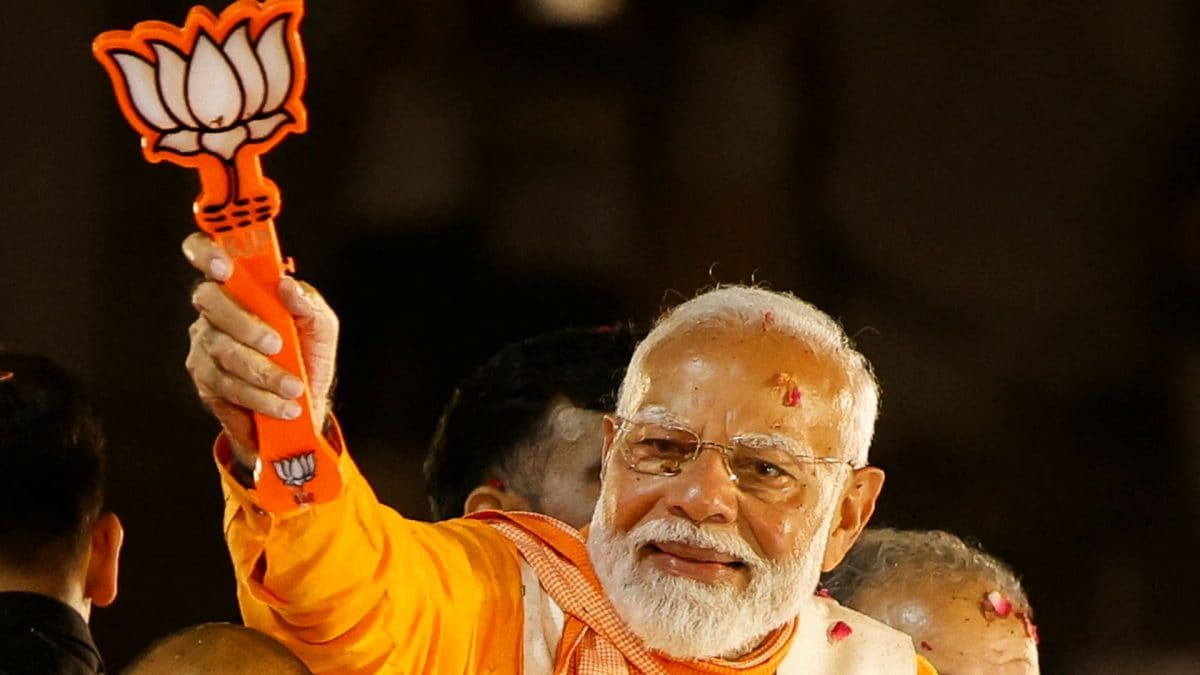
For those concerned about the climate crisis, is there anything to be grateful for Thanksgiving post-2024 election? The incoming administration promises to do what it can to reverse efforts that were in themselves insufficient — and it did so in its previous iteration. We can begin by thanking President Joe Biden for all that he has accomplished. On the first day of his administration, he brought the U.
S. back into the Paris Agreement, aimed at limiting carbon emissions and compensating developing countries for suffering most contributing least to the climate crisis. He backed that up with the Kigali Amendment, limiting some of the most potent greenhouse gasses; the Bipartisan Infrastructure Law; the CHIPS and Science Act; and the Inflation Reduction Act.
Altogether, those represent by far the world’s largest investment in climate mitigation. Thankfully, at the United Nations’ Biodiversity Convention earlier this month, 119 countries submitted national targets for maintaining the variety of beings on the earth. It came up with a plan for pharmaceutical, biotechnology, animal and plant breeding and other industries that benefit from the diversity to help pay for maintaining it.
The convention also agreed on a process to identify ecologically or biologically strategic ocean areas. It committed to respecting the traditional knowledge of Indigenous people and local communities in biodiversity action. Meeting sing Nov.
11, the Congress of the Parties to the Paris Agreement (COP 29) held in petro-state Azerbaijan and burdened with the likelihood that incoming President Trump will remove America from the agreement again nevertheless labors with the cost of climate repair and the issue of compensating developing countries. These issues are complicated by the emergence of former developing countries, like China and India, as economic powers. All parties are to present their climate plans by 2025 in the hope that concerted action will limit world heating to 1.
5 degrees C, preventing the worst effects. Since the Republicans will control all branches, including the Supreme Court, much of the progress at the federal level will be eroded. We can look to the states, though, such as California, New York and Massachusetts, as the laboratories of climate mitigation — and maybe Texas, which has more solar arrays than any other state.
Our commonwealth will continue working with all towns and cities to achieve net-zero carbon emissions by 2050. As well as states, though, we can be thankful for other laboratories of climate resistance. These include grant funders who are showing the way by providing backing.
They foster environmentally oriented nonprofits that will continue to labor toward carbon neutrality. Activist citizens volunteer to create plans for climate progress. These nongovernmental individuals and groups exist across the land, even in states blushing red.
Acting locally might seem minuscule compared to what governments can do, but ultimately governments respond to the people. Although corporations that drill will prosper under Trump, they know their days are numbered. In this country, much of the business community has moved perceptibly toward green sources of electricity and electric power.
Businesses understandably doubt that consumers will turn away from heat pumps, solar panels and electric vehicles. The incoming president’s new BFF Elon Musk manufactures electric cars, after all. Progress on mitigating climate change will slow — and we’re already very late — but it won’t stop dead.
We can be thankful for that. At least, that’s how it looks from the White Oaks..














